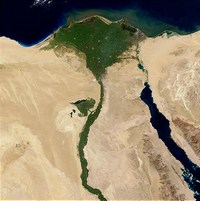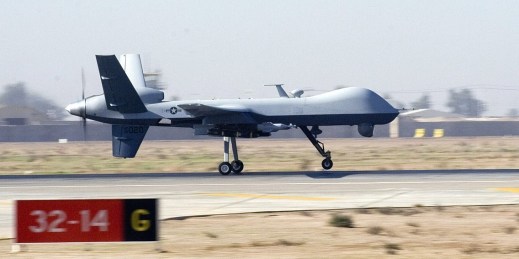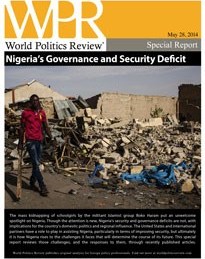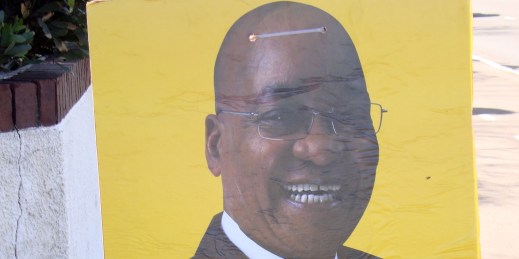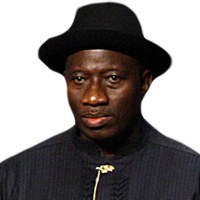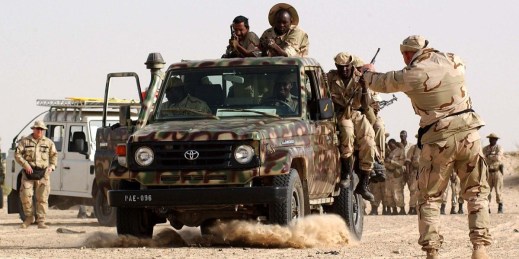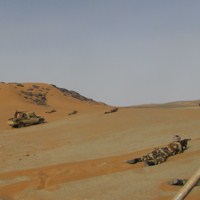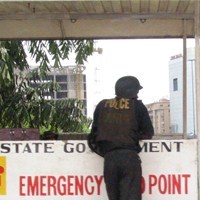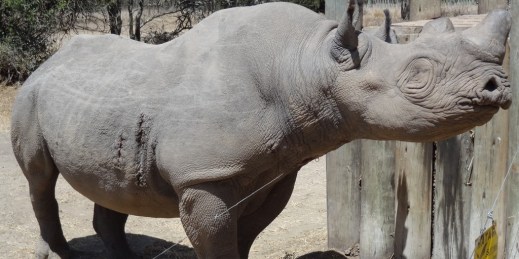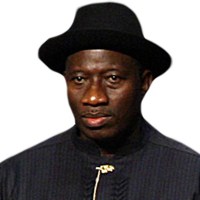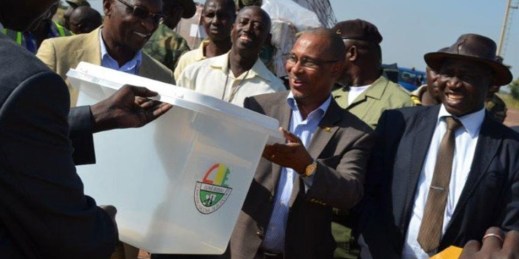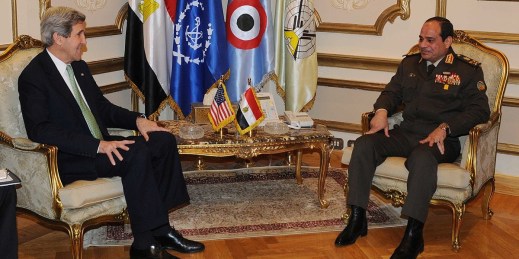
A funny thing happened on the way to the apotheosis of Egypt’s next president: The adoring crowds stayed home. The former military leader, Abdel-Fattah el-Sisi, was supposed to win a landslide victory with strong support from a public that had given every indication of burning with passion for the strongman. El-Sisi urged them to come out en masse to give him a strong mandate, and in the past they had always responded. There was never any doubt that el-Sisi would win. The only other candidate, Hamdeen Sabahi, served the useful purpose of giving a patina of legitimacy to the process. […]

